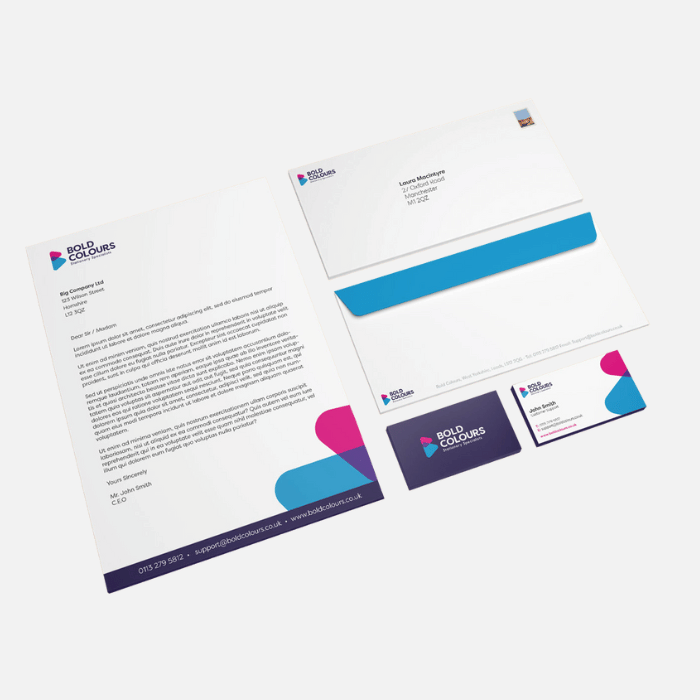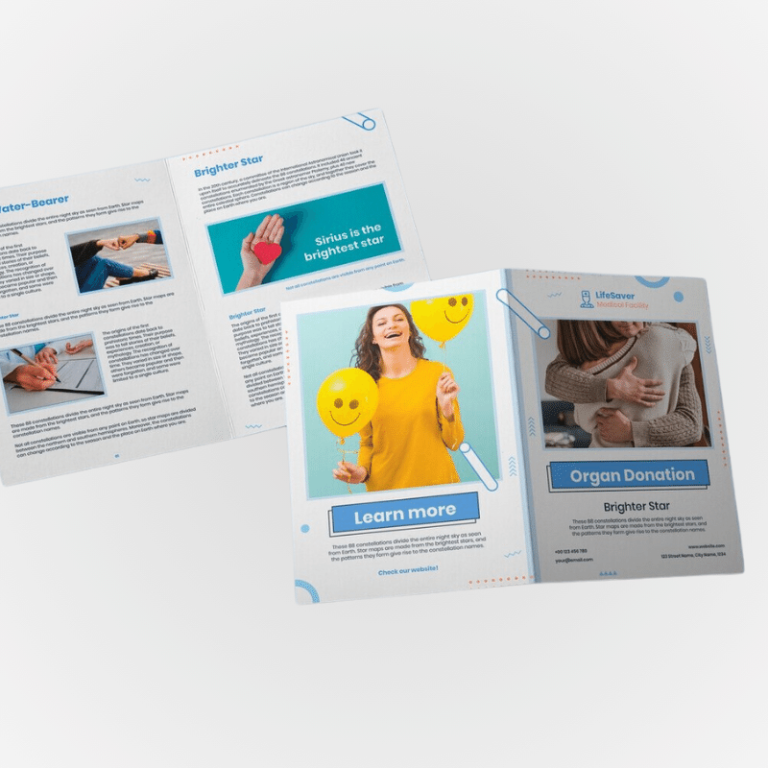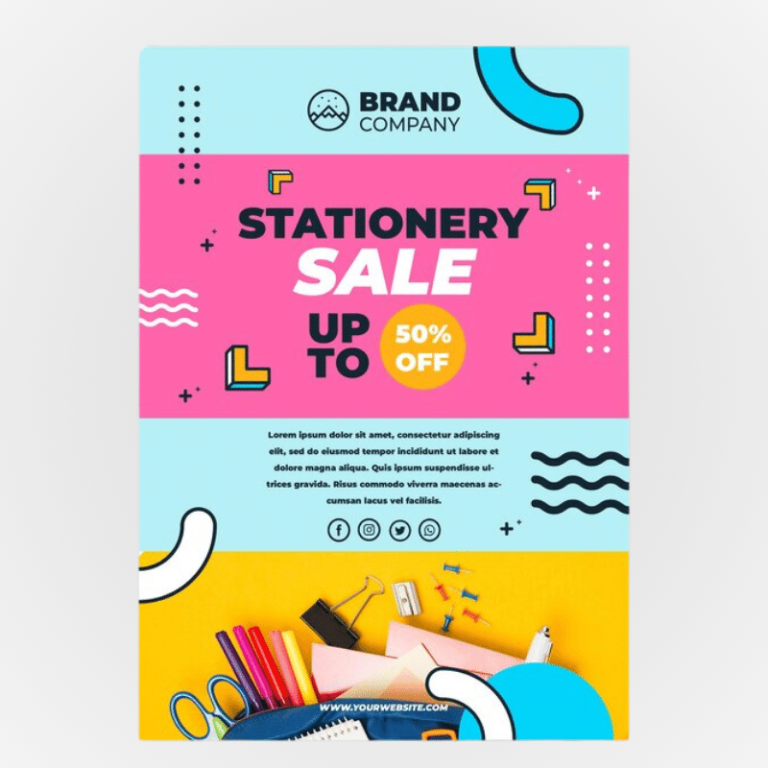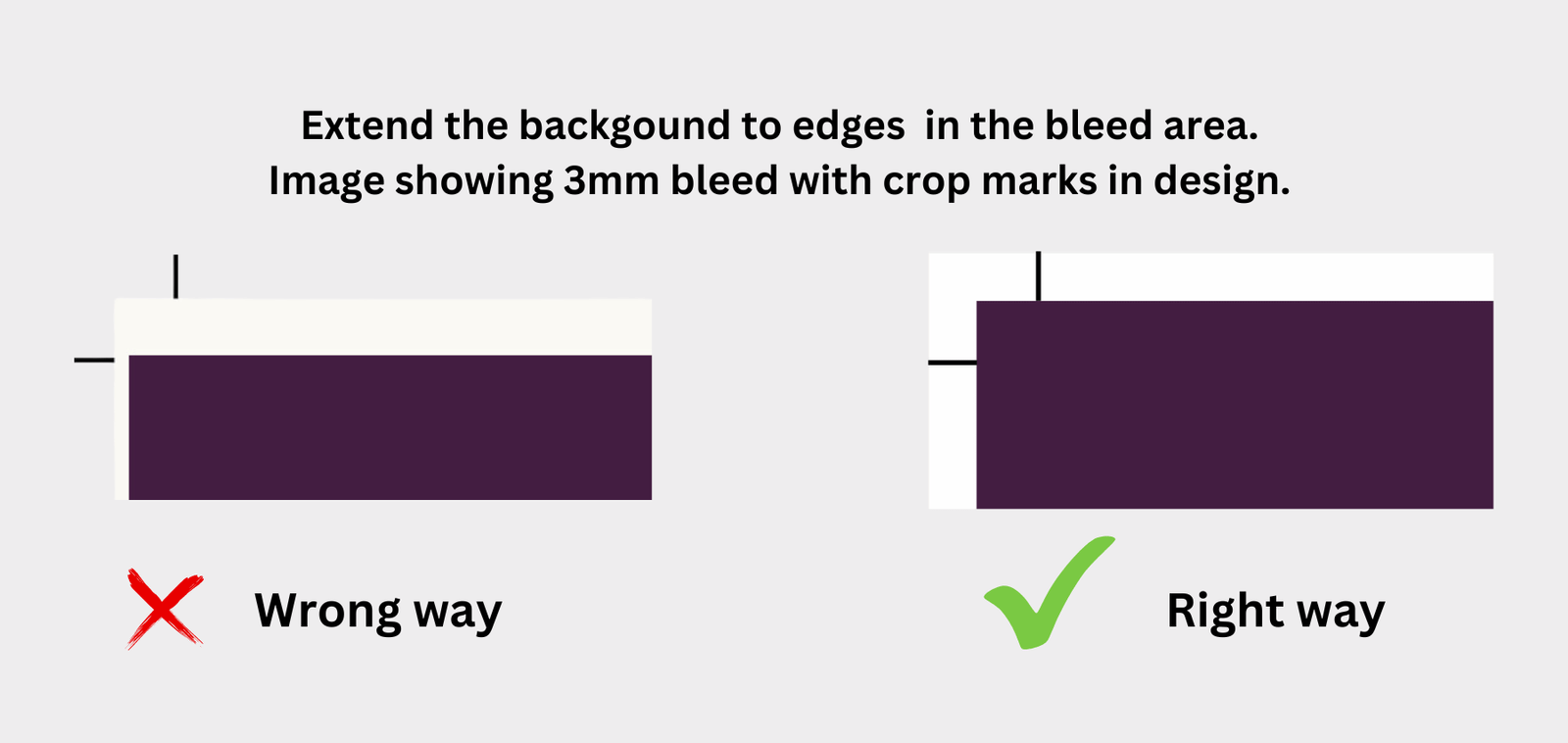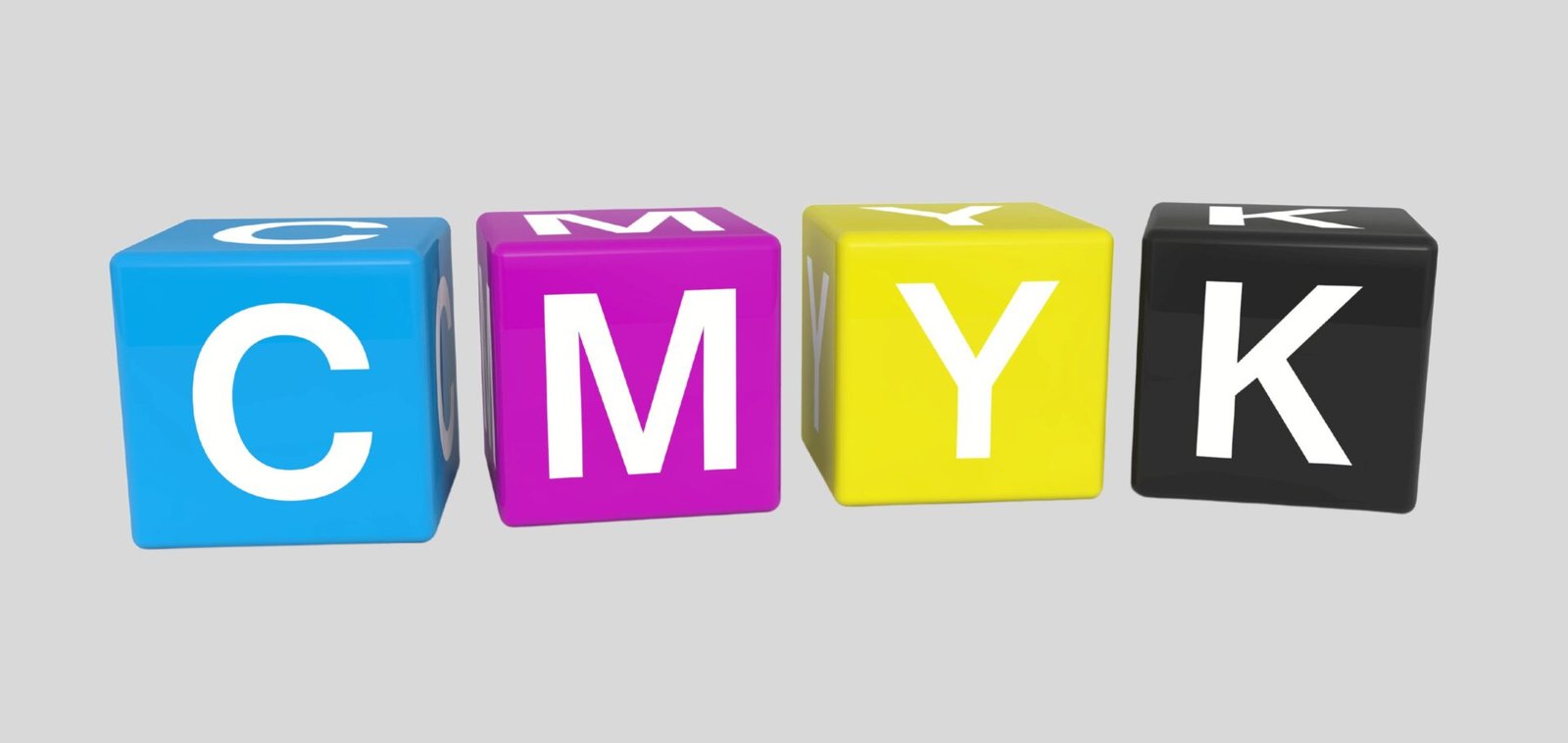Free Delivery Across UK on all Orders | 100% Secure Ordering | 4 Step design check before printing | Award Winning Support
Email: sales@nearprint.co.uk
- Home
- NCR PrintingOffers
- Business Cards
Business Cards Design Template
Standard( 85mm x 55mm )
Mini( 85mm x 25mm )
Square( 55mm x 55mm )
- Stationery
- Recycled
- Flyers
- Banners
- Envelopes
- Promotional
NearPrint.co.uk
Near Print is an online print company which helps businesses in the UK with physical and digital products.
Monday to Friday 9am – 5:30pm
Call us: 01604 31 2446
Email: sales@nearprint.co.uk
..............................
Registered Address:
128 City Road, London, EC1V 2NX
Useful Links
Latest Posts
© 2023 NearPrint is trading name of Bizztor Limited. Registered in the UK. All rights reserved.



